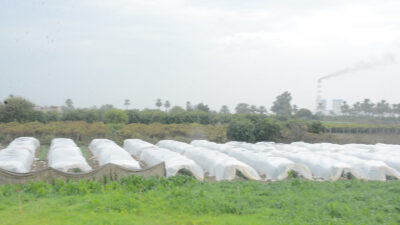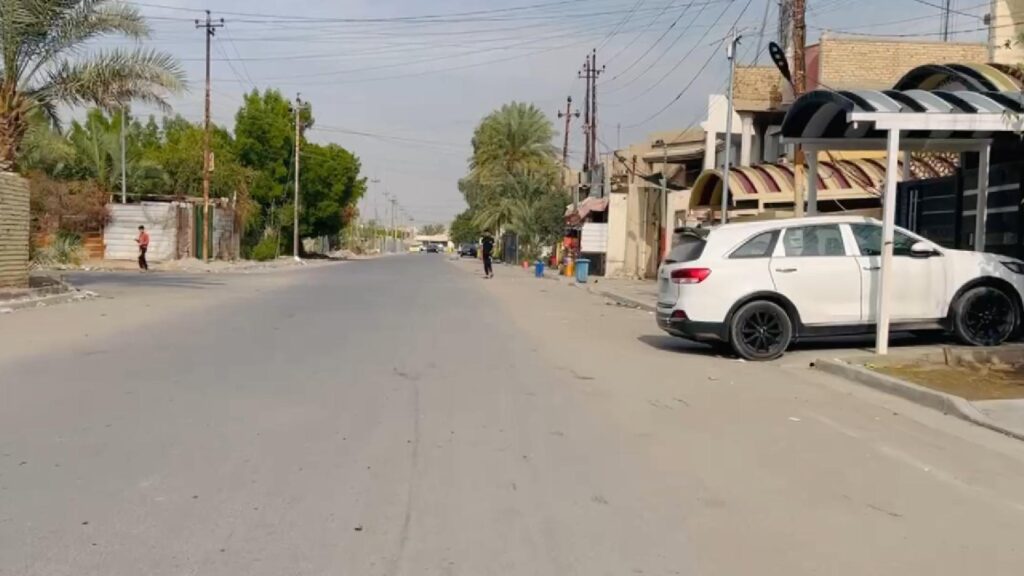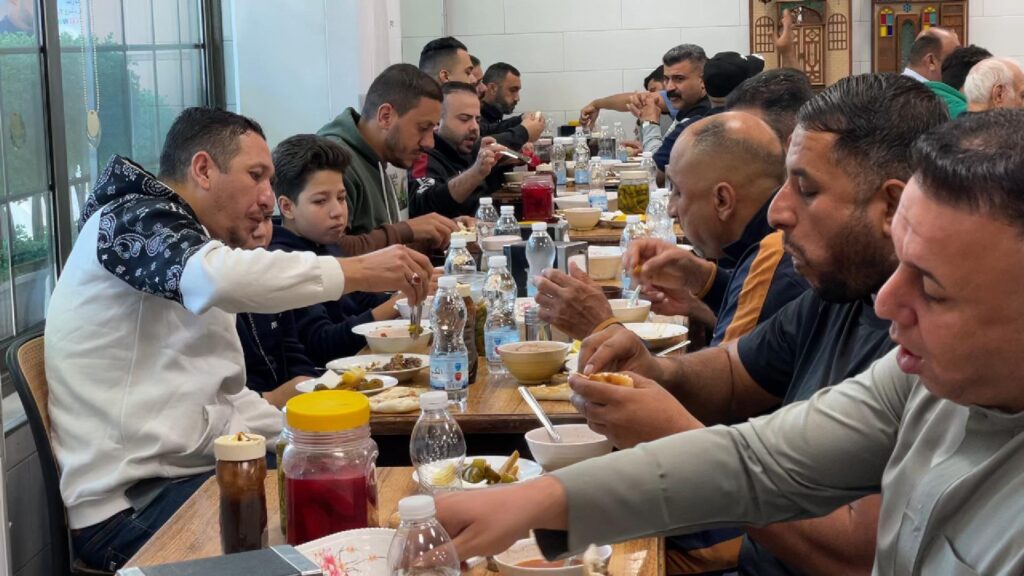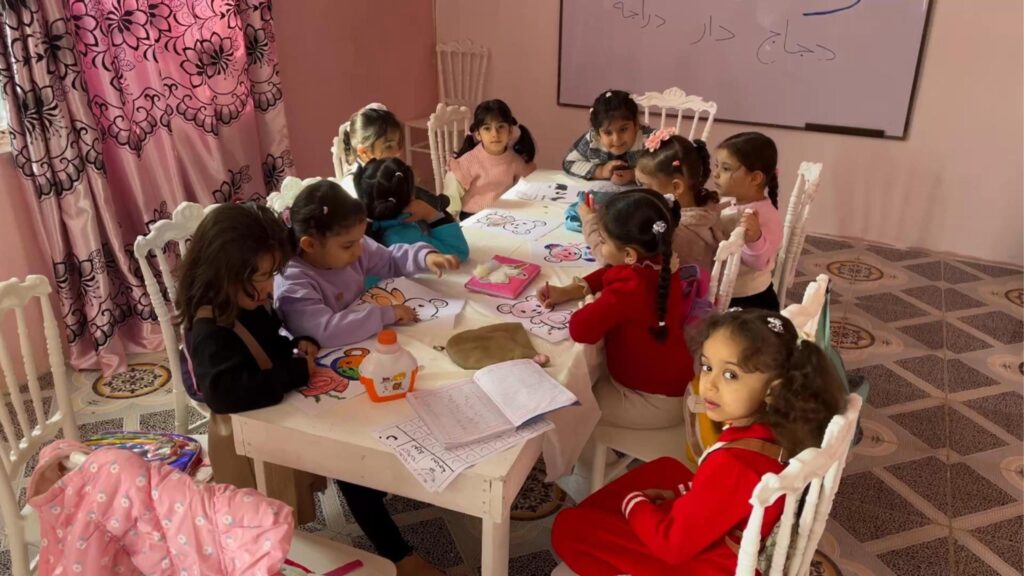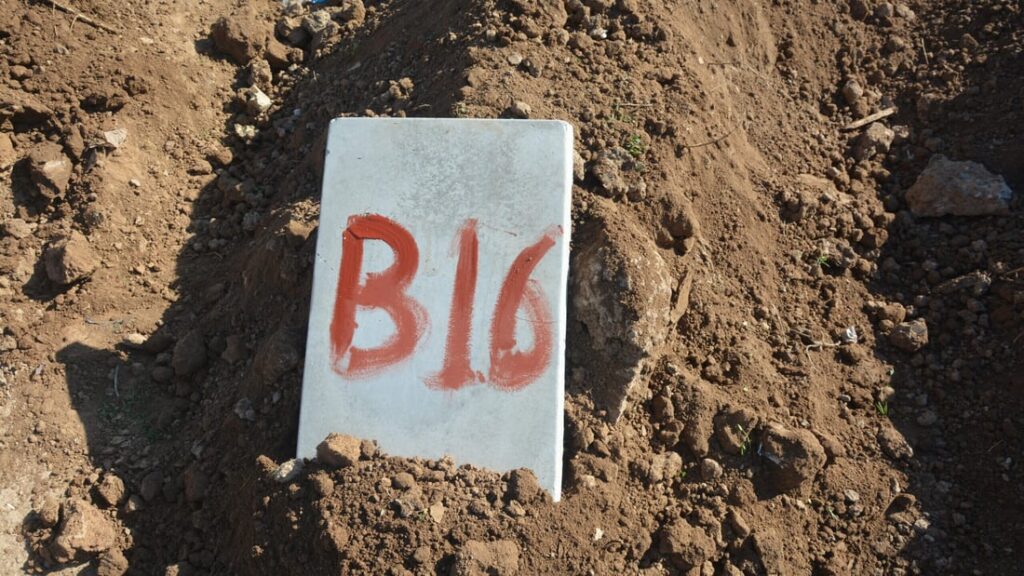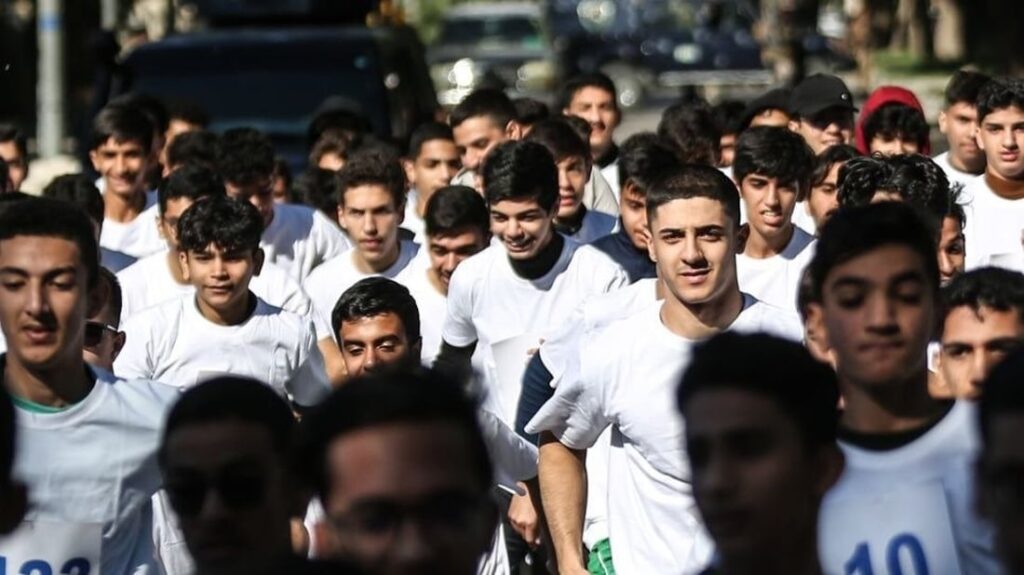US sanctions Nineveh Plain’s militia leaders for terrorizing population, blocking IDPs’ return, and corruption

WASHINGTON DC (Kurdistan 24) - The US announced on Thursday it had sanctioned two militia leaders in the Nineveh Plain: Rayan al-Kildani, head of the 50th Brigade of the Popular Mobilization Forces (PMF), and Waad Qado, head of the PMF’s 30th Brigade.
Vice President Mike Pence, speaking at the State Department’s 2nd Annual Religious Freedom Ministerial, linked the two militias to Tehran, as he affirmed, “To this day, Iranian-backed militias extort and terrorize the people of the Nineveh Plain, which is still recovering” from “ISIS’s brutal reign.”
“The United States will not stand idly by, while Iranian-backed militias spread terror,” Pence continued. “Today, I’m announcing that the United States has placed sanctions on two leaders of Iranian-backed militias,” and “we will hold them accountable” for “all they’ve done.”
The Treasury Department explained, “Many of the corruption-and abuse-related actions committed by these sanctioned individuals,” which also include two former Iraqi governors, “occurred in areas where persecuted religious communities are struggling to recover from the horrors inflicted on them by ISIS.”
Kildani was cited for “serious human rights abuse,” as the Treasury Department stated, “In May 2018, a video circulated among Iraqi human rights civil society organizations in which al-Kildani cut off the ear of a handcuffed detainee.”
A Christian from Baghdad, Kildani is close to Qasim Soleimani, head of the Quds Force of Iran’s Islamic Revolutionary Guard Corps (IRGC.) Kildani earlier fought with Shia militias in Baghdad at the height of the city’s sectarian cleansing, as Michael Knights, a Senior Fellow at the Washington Institute for Near East Policy, reported on the website, “Iraq in Context.”
Knights described Kildani’s 50th Brigade, known as Kata’ib Babiliyun, as “a predominantly outsider force that is pretending to be a local unit.” Many of its fighters are Shiites—from Baghdad’s Sadr City and areas further south.
“The 50th Brigade is reportedly the primary impediment to the return of internally displaced persons to the Nineveh Plain,” the Treasury Department said, adding that it has “illegally seized and sold agricultural land,” while “the local population has accused the group of intimidation, extortion, and harassment of women.”
Waad Qado is a Shabak from Mosul, and his 30th Brigade, known as Liwa al-Shabak is a local force, unlike the Katai’ib Babiliyun, as Knights explained.
Nonetheless, Liwa al-Shabak engages in rampant criminal activity. “Members of the local population allege that the 30th Brigade has been responsible for egregious offenses, including physical intimidation, extortion, robbery, kidnapping, and rape,” the Treasury Department stated.
“Liwa al-Shabak fighters have taken over property in Bashiqa, looted houses, and intimidated locals,” Knights wrote. “This has prevented resettlement by Christians and Arabs and blocked the ability of donor nations from visiting Bartella (notably US government representatives.)”
The two other Iraqis sanctioned include Nawfal Hammadi al-Sultan, previously governor of Nineveh Province, who was dismissed from that post in March, following the sinking of a grossly overloaded ferry in the Tigris River, killing nearly 100 people. Sultan is notorious for his corruption, but would not leave his post, even after the Provincial Council voted to oust him in 2017.
Ahmed al-Jubouri, a former governor of Salahuddin Province, and currently a member of Iraq’s parliament, was also sanctioned. Like Sultan, he is notorious for corruption. In addition, he is “known to protect his personal interests by accommodating Iran-backed proxies that operate outside of state control,” the Treasury Department explained.
Bayan Sami Rahman, Representative of the Kurdistan Regional Government (KRG) in Washington, spoke to Kurdistan 24 on Thursday about this situation.
Characterizing it as “a heart-breaking tale,” she described the difficulties in the reconstruction—physical and psychological—of those areas conquered and occupied by the so-called Islamic State.

